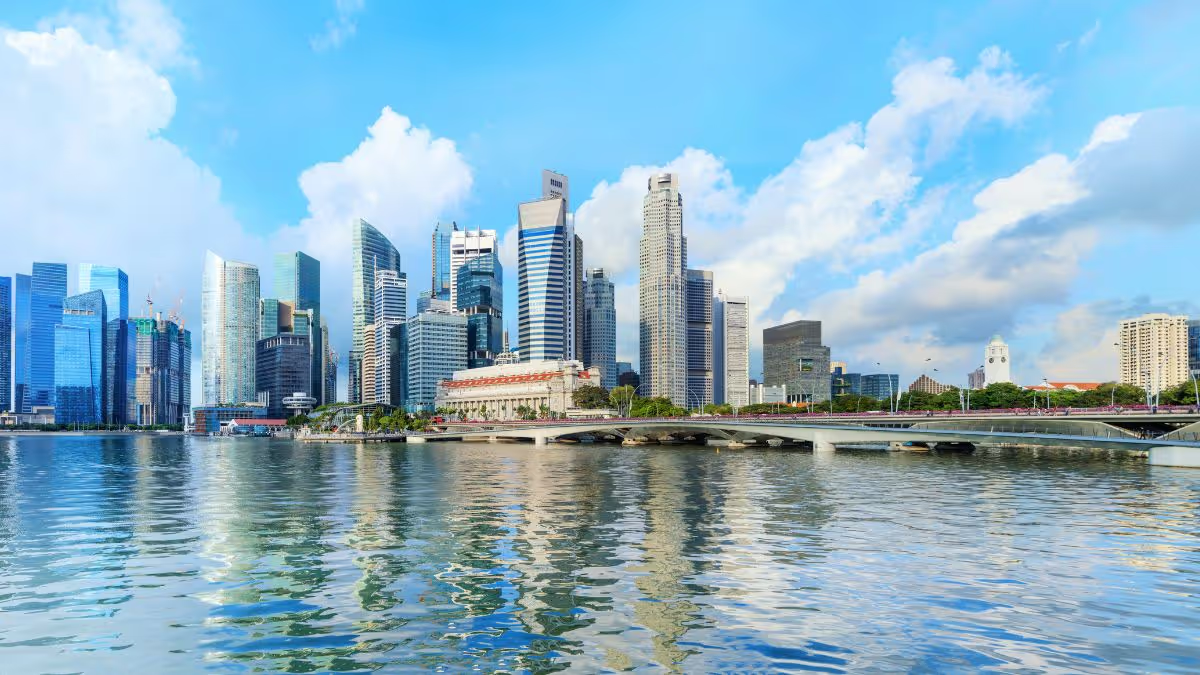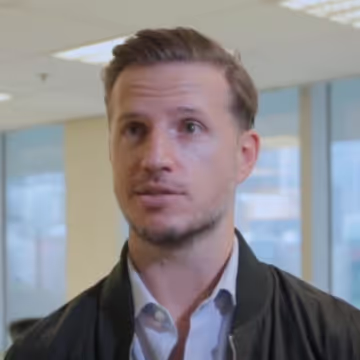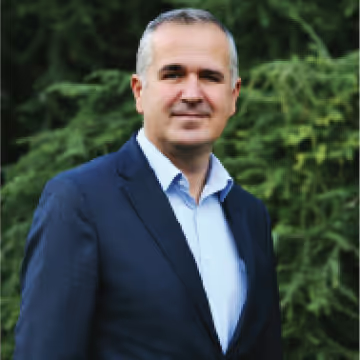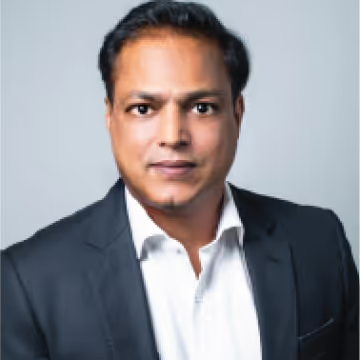Singapore has long been celebrated as a global financial hub, attracting top talent from around the world.
Its reputation for economic stability, world-class infrastructure, and a high standard of living makes it a magnet for skilled professionals. However, beneath the gleaming skyline lies a growing frustration among long-term expatriates—many of whom have spent over a decade contributing to Singapore’s success—yet remain unable to secure Permanent Residency (PR).
This issue recently came to light in a thought-provoking LinkedIn post by our very own James Holmes, a Citizenship Investment Advisor here at Marlow Bray.
James shared his observations after meeting with a group of high-earning Non-Resident Indians (NRIs) in Singapore. These individuals, working in top banks and driving economic growth, have spent 15+ years in the country, paying taxes, investing in the community, and building their lives there. Despite their contributions, they face repeated PR rejections, leaving them in a state of limbo.
When Contributions Aren’t Enough
James posed a simple yet powerful observation: long-term contributors on Employment Passes (EPs)—some of whom have lived and worked in Singapore for over a decade—are still being rejected for PR.
FWIW: here's a resource if you are interested in learning more about the Singaporean EP Key Facts.
Chris J. Reed, a prominent LinkedIn marketing entrepreneur, countered that Singapore never promised PR to work pass holders, and that the government is being deliberate in selecting *“game changers, entrepreneurs and tech executives”* for long-term residency. He emphasized that Singapore's COMPASS framework filters applicants based on broader national needs, not just tenure or income. Sidenote: Chris also regularly posts content relating to Singaporean PR.
But James and others argued that these expats already meet those standards.
Dr. Peter Hone, a PR holder who previously held an EP, shared that “many of my friends have been rejected… even those with double Masters.”
His candid reflection—that PR grants some benefits like CPF contributions, but doesn’t necessarily open every door—raises questions about the true value and transparency of the system.
The Allure of Alternatives: Hong Kong, UAE, and Beyond
As Singapore tightens its immigration criteria, other jurisdictions are becoming increasingly attractive to globally mobile professionals.
Adrian J. Halkes, a strategic lawyer based in Hong Kong, commented: “If you can’t be at ‘home’ somewhere after 5 years' commitment… it’s probably a message that can’t be ignored.” He praised Hong Kong for its “welcoming and transparent pathway to long-term residence,” especially under its new Top Talent Pass Scheme.
Aditya, our Operations Manager at MarlowBray noted that the uncertainty around Singapore PR is driving many clients to explore alternative residency pathways. Similarly, Hans-Peter Naef, an advisor and attorney, flatly recommended “Australia or Hong Kong as alternatives.”
Habibi! Come To Dubai!
Others referenced the UAE, with Prashant K. Gulati simply saying, “Habibi, come to Dubai 😊”, and Mark Nuttall, a regional head at Mitkat, stating: “The UAE welcomes, embraces, and encourages growth, trade, and innovation.”
The growing sentiment: If Singapore doesn’t offer a clear path forward, many will go where they are valued.

The Emotional Toll of Limbo
Beyond policy and PR quotas, many respondents highlighted the emotional burden of repeated rejections.
Hayden Cheong, a Citizenship & Residency Advisor, remarked: *“The emotional journey you've described mirrors our clients' experiences exactly. The toll of perpetual uncertainty shouldn't be underestimated.”*
Korinna Poblete, a civil engineer who studied at the National University of Singapore on a government scholarship, described her rejection after years of contribution: “I studied hard, worked hard, made friends, paid my taxes… I tried for PR twice… and got rejected.” She has since become an Australian citizen.
Rob Damjanovic, a Senior Sales Director, shared that despite being a tech executive with a local family, he faced multiple rejections—and ultimately decided to return to Hong Kong.
Meanwhile, Andy Lo, Commercial Director at Deliveroo, offered a nuanced take: “Just because a group of high-value expats hasn’t received PR, doesn’t mean the country is not giving them out. There is a very high demand.”
This diversity of experience underscores a difficult truth: the criteria remain opaque, even to those who check every box on paper.
Final Thoughts: Time for a Policy Recalibration?
There’s no question that Singapore has the right to set its own immigration policies—many commenters defended the nation’s selective approach.
But as Jon McCarty, a strategist in the energy sector, put it: “Singapore, renowned for its clinical efficiency, is making cold calculations… Eventually, many will start exploring alternatives—not out of bitterness, but seeking clarity and respect.”
So the question remains:
If long-term contributors feel sidelined, and talented professionals begin opting for places like Hong Kong, Dubai, or Australia—can Singapore maintain its competitive edge without recalibrating the pathway to PR?
Because in a world where talent is mobile, *uncertainty* might just be the biggest risk of all.























